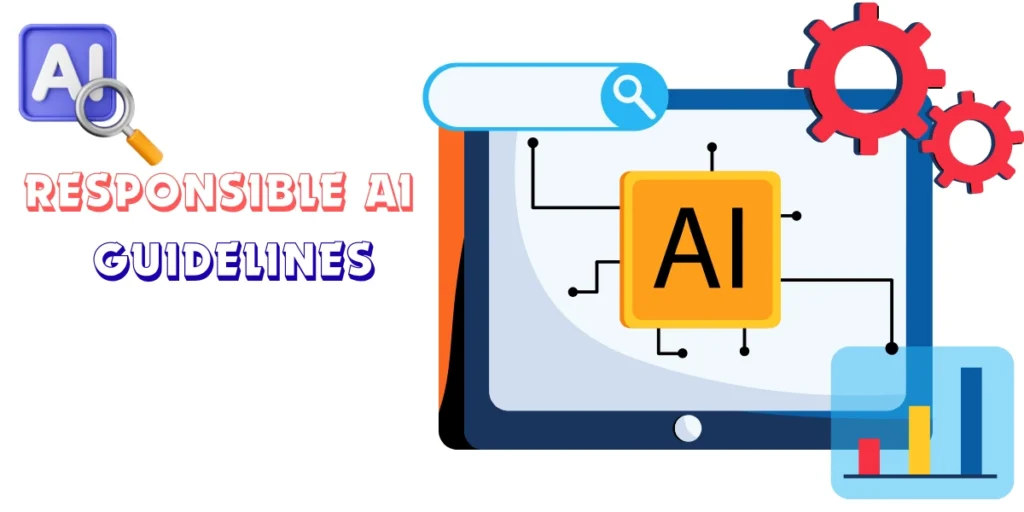Artificial intelligence (AI) is advancing rapidly, changing how advertising works but leaving the advertising industry struggling to keep up with ethical standards.
At events like Cannes Lions, AI’s power to boost creativity and automate tasks is celebrated, but discussions about AI ethics are surprisingly few.
Today, AI helps with everything from buying media and blocking fraud to writing ad copy and generating creative content. Still, there are no clear, universal rules for how AI should be used or disclosed in advertising, meaning the whole industry is making it up as it goes.
Experts warn that if companies wait for government regulations, they will always be behind and forced into reactive compliance instead of leading with their own responsible practices.
Advertising Industry: Risks and Responsibility

The current state of AI in advertising is like the “wild west.” While AI brings huge benefits such as smarter marketing and personalized ads, it also carries risks. Bias in AI systems can go unnoticed, and misinformation can spread quickly.
Europol expects that by 2026, up to 90% of online content could be AI-generated, including low-quality material that harms consumer trust.
This lack of clear guardrails allows bad actors to exploit AI, threatening the foundation of trust in digital media. Other industries like healthcare and finance are already under pressure to adopt responsible AI, and advertising will soon face the same scrutiny.
Experts emphasize that responsible AI must be embedded fully into company culture — ensuring human oversight, bias reduction, data protection, and transparency at all times.
- Also read about: Best Facebook Ads Automation Tools In 2025
To build trust, companies should seek third-party certification to prove they meet high ethical standards, creating a competitive edge in a market where trust is crucial.
By acting now and setting responsible AI practices, advertisers demonstrate leadership and readiness for a future where AI will fundamentally shape their industry — avoiding the pitfalls of waiting for often slow and fragmented regulation.
More New To Read:
